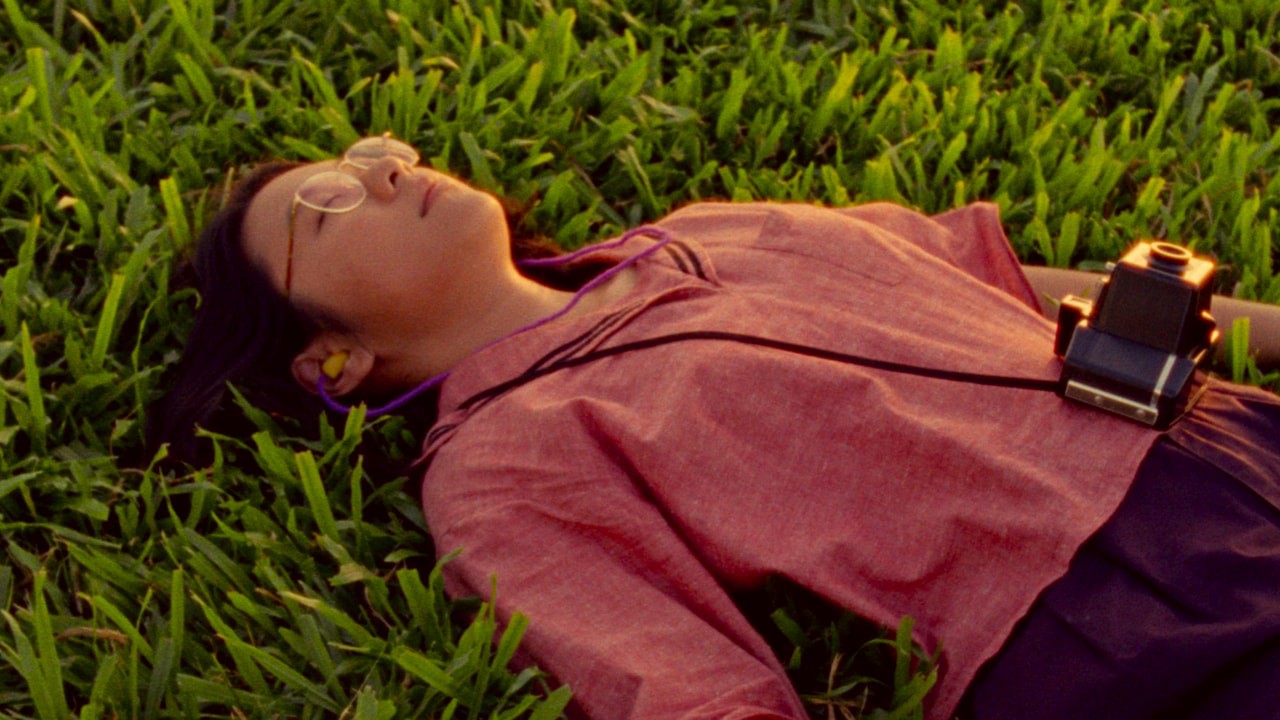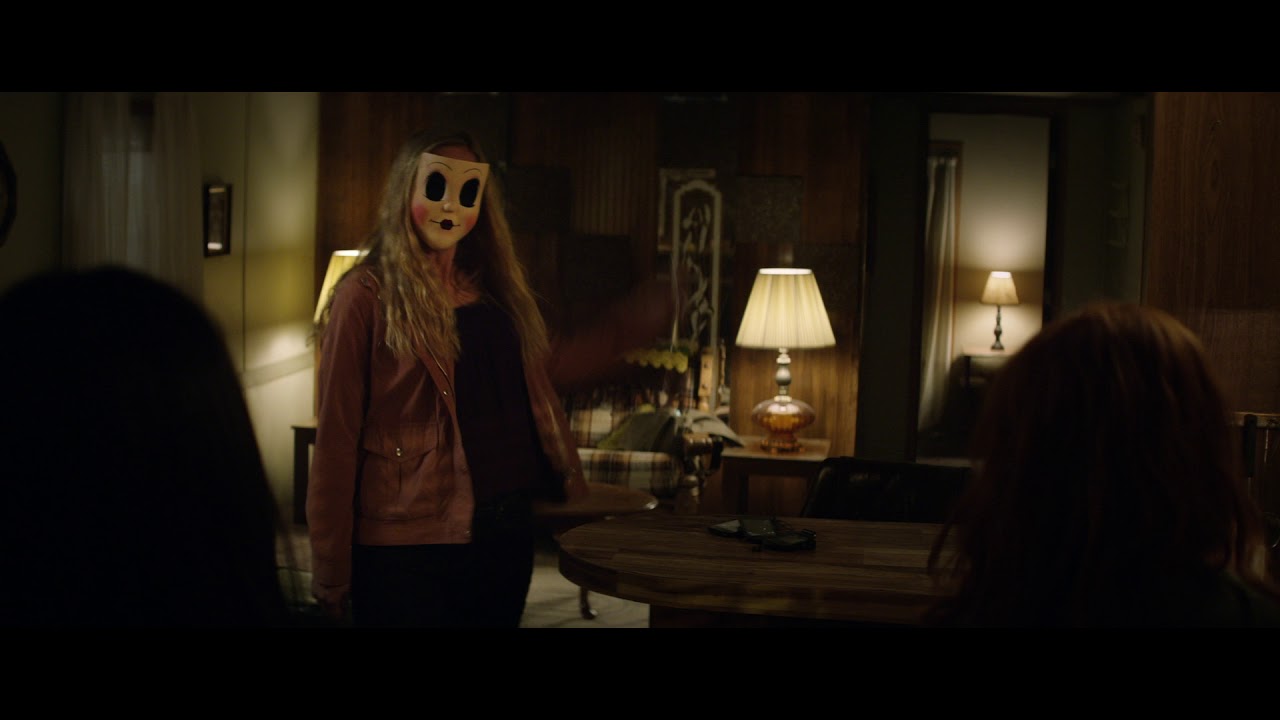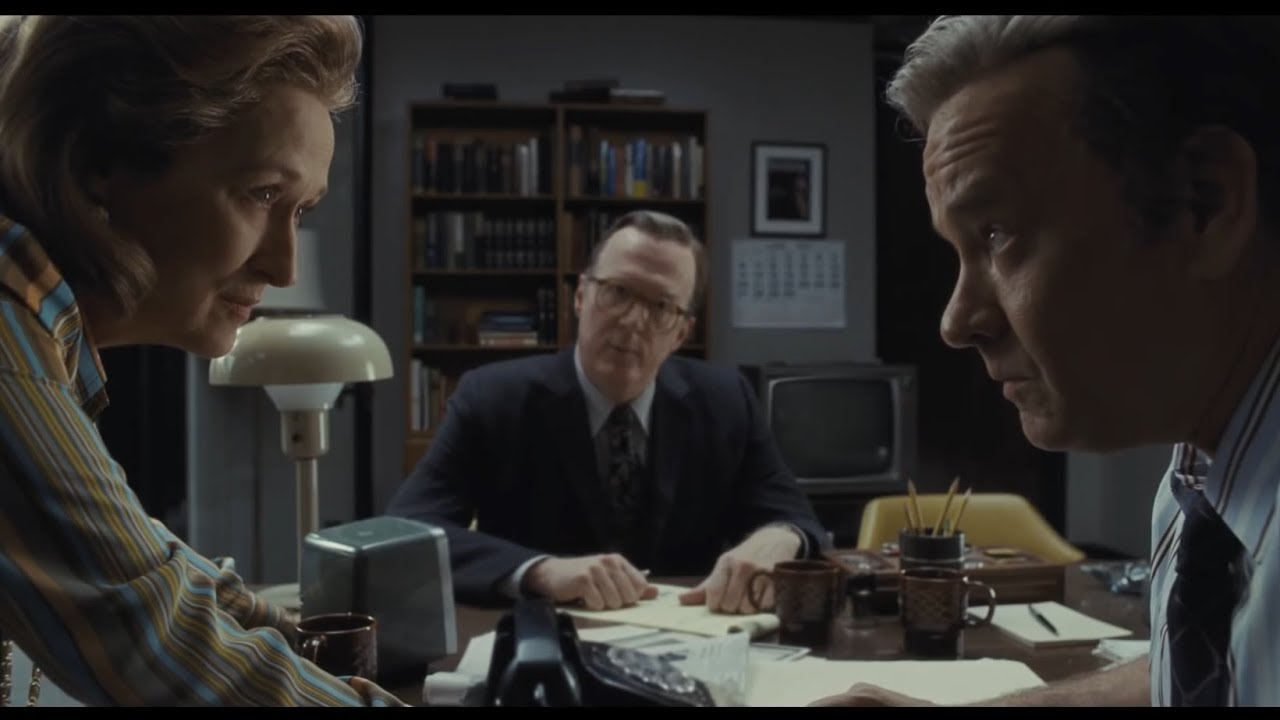We are familiar with the “making-of” documentary, but Sandi Tan‘s Shirkers turns it inside out. This is a “losing-of” documentary — a relentlessly charming love letter to indie cinema and its irrepressible DIY spirit, but also a confounding psychological mystery that asks, “How do you represent a film that exists almost entirely in memory?”
Reviews
There’s a distinct lack of fury at the heart of Desiree Akhavan‘s The Miseducation of Cameron Post. This is worth noting, since the “gay conversion therapy” boarding school on which it focuses offers plenty to be furious about. But in adapting Emily M.
One of cinema’s great ironies is that, for all the talk of representation and making the hidden visible, much of its power comes from withholding instead. Certainly this is true of slow cinema, of that poetic tendency which, in his landmark 1972 treatise, Paul Schrader called “the transcendental style in film.”
With the 50th anniversary of May ’68 – and the famed “events” thereof – approaching, it was a good time to come across the vital documentary Henri Langlois: Phantom of the Cinematheque at my local library. Jacques Richard‘s seven-years-in-the-making account of the father of film preservation only briefly touches on those events, and has its eyes too fixed to the screen to contextualize them rigorously in the larger social upheaval of that year, but it’s scope feels right all the same.
The Strangers: Prey At Night isn’t quite the 80s movie the music and trailers suggest, and it’s not quite the 70s movie that the logo other trailers suggest. (It’s too bad about the colon; The Strangers Prey At Night could legitimately be the title of a forgotten original-generation slasher.)
Few literary characters have ever been interpreted as definitively as David Suchet’s Poirot. The two have become so inextricable that I can’t imagine one without the other. And there are not even any extra stories to adapt: from 1989 to 2013, Agatha Christie’s Poirot adapted every single Poirot novel and short story into feature-length episodes.
Arriving to overblown fanfare and unreasonable expectations, Ava DuVernay‘s A Wrinkle In Time was never going to live up to the hype.
It was bad enough that box office watchers openly wondered how A Wrinkle In Time would compete with Black Panther, a money-printing machine of historic, multi-hyphenate proportions.
One of the great joys of the film dork is finding a new What the hell is this? movie, one that they can share with their friends as a baffling experience. There are, however, some fine gradations to the uncategorizable surprise that are sometimes overlooked.
On several occasions in Eliza Hittman‘s shimmering, woozy Beach Rats, Frankie (Harris Dickinson) insists, “I don’t know what I like.”
It rings false — Beach Rats is a catalog of desires, a kind of aesthetic carnival of lazy afternoons near the water, glistening skin, boardwalk trysts, neon clubs (which reminded me of Hittman’s excellent 2011 short Forever’s Gonna Start Tonight), desperate fumblings between bodies in secluded spaces, fireworks — but there’s an element of truth to it.
How much sentimental Boomer Nostalgia does it take to turn a gripping historical moment into a chore? Steven Spielberg’s The Post, hurriedly rushing onto the pre-fab Oscar dais, asks and answers this question: exactly an hour and 56 minutes worth.










